J.K.Rowling Owes Her Success to One Big Decision
A monumental decision was what it took for success to come knocking on J.K.Rowling’s door.
I came upon this article about J.K.Rowling and was hugely inspired to write this post.
In case you didn’t know (you’re living on planet Mars if you don’t), J.K. Rowling is the world-famous author of the Harry potter fantasy series, touted as the best-selling book series in history. She writes other fiction stories under the pen name Robert Galbraith. She is also a philantrophist, a television and film producer, and a screenwriter.
Like I said in my recent post, I seek motivation and inspiration from other writers to give me a boost and help me stay in course.
Naturally, J.K.Rowling, being the world’s first billionaire author, is a treasure trove of inspiration for writers like me.
In this particular article, she tells about the one decision she made which turned her dream into a success.
From Rock Bottom To The Top of the Mountain
Before becoming a rich, successful author, J.K.Rowling, or Joanne Rowling Murray in real life, was living miserably. She had a failed marriage, became a single parent to a one-year-old daughter, lived on welfare and was severely depressed she contemplated suicide.
In her own words, she was in “rock bottom.”
But like a phoenix, she rose up from the ashes to become United Kingdom’s bestselling living author, with sales in excess of £238M.
While it would be near impossible to duplicate her feat, we could all learn from the wisdom she gained along the rocky road to success.
So, let’s ask J.K.Rowling: What was the one decision you made which ultimately brought you success?
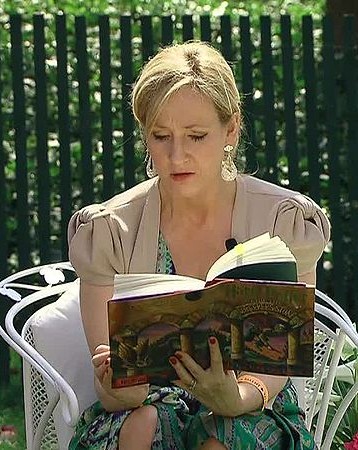
The One Big Decision That Spelled Her Success
The only work she was referring to at that time was the first book on Harry Potter. She didn’t quit. She kept on writing until she finished it, and then afterwards, she endured twelve rejections from publishers before Bloomsbury Publishing accepted it, and Harry Potter went on to become history.
She directed all her energy to not just writing, but on finishing what she was writing. She was totally committed. She worked hard.
Most of all, the most significant part in her statement is that she stopped pretending she was someone other than herself.
I suppose what she was saying is that sometimes, as writers, we tend to fit in to a mold instead of creating our own. We mistakenly think that by conforming to a certain mold (which is most probably the easiest to do, or popular, or familiar) of plot or stories, we could sell more books and we can become famous and successful.
But we can all learn from J.K.Rowling’s wisdom. She came to a decision: to accept and believe in herself and her creation. Then she worked hard to finish the story that truly mattered to her.
At first, her story was repeatedly rejected because publishers said it was for children. Yet she kept on. She pushed on. She believed in her story. She didn’t rewrite it to fit a certain mold. She believed in herself. She fully trusted in herself as a writer. She stood by her work, even if others did not.
She stood by her decision to accept and believe in herself and her creation. By doing that, she changed her life, defined a generation, and turned her dream into success.
I guess it means that you should write as you are, not as others. Your voice. Your style. Your self. You write you. #UWriteU
Truly, Ms. Rowling is the embodiment of Jerry Spinelli’s quote in his book, Stargirl:
I loved how the article ended with these words:
What can we learn from J.K.Rowling?
One keyword: DECIDE.
DECIDE TO BELIEVE IN YOURSELF
DECIDE TO WORK HARD
DECIDE TO PERSEVERE
Just one keyword separates the dreamer from the achiever.
I don’t aspire to be the next J.K.Rowling. I aspire to be the first me. I should be the first me.
You can and should be the first you, too.
Powered by Creative Market

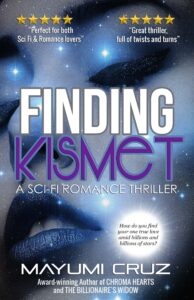
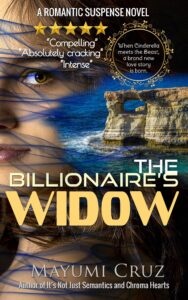
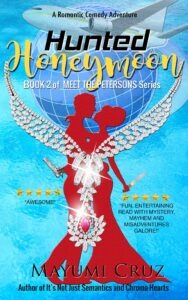

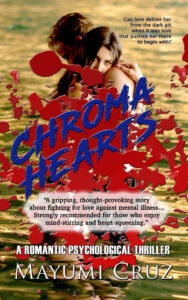
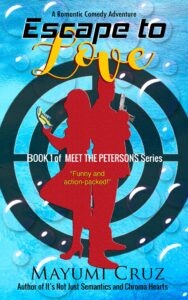


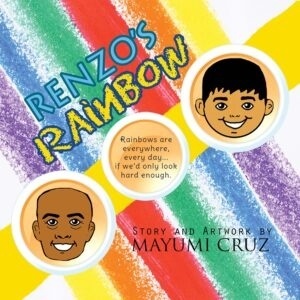
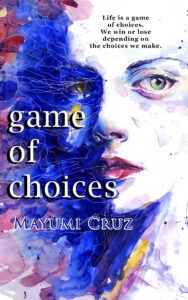
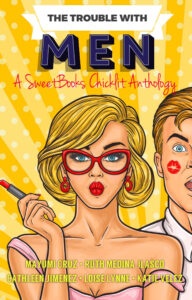

I have seen loads of useful items on your website about computer systems. However, I’ve got the thoughts and opinions that notebooks are still not quite powerful sufficiently to be a sensible choice if you frequently do projects that require plenty of power, like video editing. But for world-wide-web surfing, microsoft word processing, and a lot other typical computer functions they are fine, provided you cannot mind your little friend screen size. Thank you for sharing your ideas.